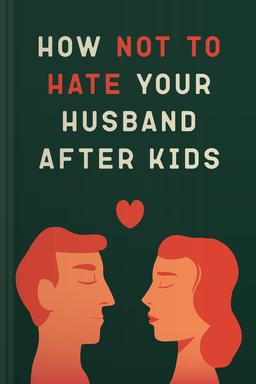Want to stop hitting snooze on your dreams? Self-discipline isn't about punishment, it's your secret weapon for crushing goals and living life on your terms. Whether you're battling procrastination (hello, S.J. Scott's 'How to Stop Procrastinating'), need a kick from former Navy SEAL Jocko Willink's 'Discipline Equals Freedom,' or crave the psychology behind willpower in Peter Hollins' 'The Science of Self-Discipline,' the right book can be your game-changer.
Ready to transform from "I'll start tomorrow" to "I'm already doing it"? Start changing your habits and becoming a better version of yourself today with our carefully curated selection of must-read books.
Best books about discipline
Self-discipline is the ability to give short-term pleasure for a long-term goal. It motivates you to do your job well, even when you are exhausted; it helps you stay on track and achieve challenging goals when unexpected obstacles arise.
Is it worth learning to exercise impressive self-control? Yes, if you want to achieve your goals, be productive, and develop professionally and personally. Any of us can become self-disciplined – it’s just about practice. We also recommend reading books about discipline to deepen your understanding.
It has been proven that self-discipline helps improve learning ability and increase productivity. Students with a high level of self-discipline learn more knowledge and perform tasks more efficiently.
Are there people who are self-disciplined from birth? Perhaps. But it has been proven that this skill can and should be improved. Developing discipline is like going to the gym. The more you work on it, the stronger you become.
You’re self-disciplined if you:
Keep your promises: If you can't keep a promise, don't make it. People are counting on you.
Are punctual: Not being late for school, work, important meetings, and even dates is very important. Nobody likes to wait.
Make important things a priority: Start with the most difficult, and by the end of the day, you can do everything you've planned.
Plan the day and follow through: Every evening, write a to-do list for tomorrow and so on, so that you don't miss anything important.
Aren’t dependent on gadgets: It’s important to put your phone away while working.
Set a timer for work: By setting a deadline, you can get your work done faster.
Best books on discipline
One reason people don't live the lives they want is that they lack self-discipline. We can't become more disciplined in our thinking and behavior if we don't understand how our habits and skills work. To learn how the human brain works, cultivate useful habits, manage emotions, or motivate yourself to change, turn to books on discipline.
Discipline is closely related to self-control and self-regulation. It refers to our ability to agree with ourselves to perform unpleasant work or a difficult task.
Critical additional skills are:
Management of negative emotions that can interfere with the completion of the task
The ability to overcome analytical paralysis
The ability to work outside our comfort zone
Many people get lost when taking the first steps and trying to understand how to develop self-discipline. After all, it’s difficult to decide where to apply new skills first because personal life, work, and health all seem important. The main thing is not to overload yourself; otherwise, you’ll not be able to form a positive impression of discipline.
Remember, nobody is born disciplined, but then nobody is born a quitter or a procrastinator either. We have learned these behaviors through our upbringing and our own experiences.




